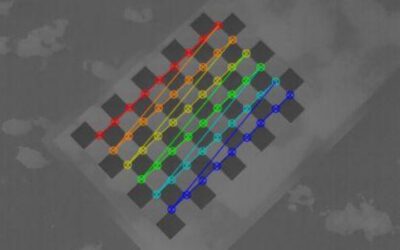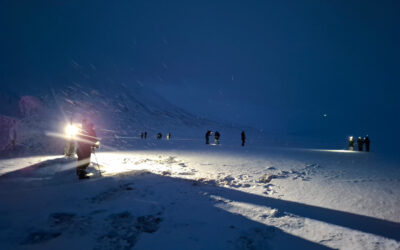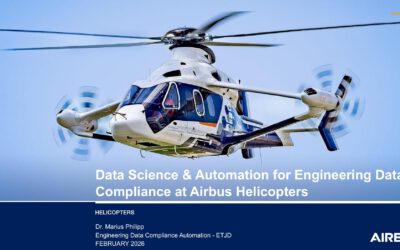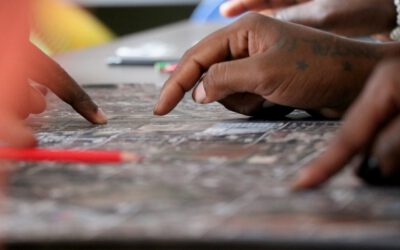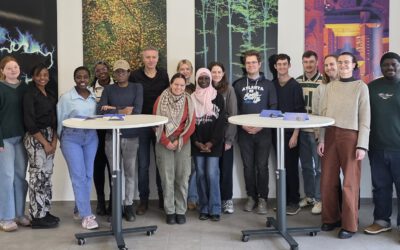 Are you interested to learn how to apply remote sensing for a variety of topics? Check out our EAGLE study program.
Are you interested to learn how to apply remote sensing for a variety of topics? Check out our EAGLE study program.
EAGLE: “applied EArth Observation and Geoanalysis for the Living Environment”
EAGLE is an international English language M.Sc. program offered at the University of Würzburg, Germany. It is focusing on Applied Earth Observation and Geoanalysis for the environment. The goal of EAGLE is to strengthen the practical use of applied Earth Observation in research, planning, and decision making, and to unlock the full potential of remote sensing data analyses in your desired field of application.
EAGLE lectures, seminars, and practicals provide in depth methodological knowledge and practical skills, and additionally provide a comprehensive overview of the range of remote sensing applications. The potential of Earth Observation data analyses for research on and management of forest-, agro-, or coastal ecosystems or the urban sphere – to name only a few examples – will be illuminated. Please browse through our courses in order to get a good overview of content and aims.
EAGLE students are subsequently encouraged to further develop and deepen their knowledge and skills tailored to their personal interests during internships and innovation laboratories at international partner institutions of the EAGLE network.
The EAGLE study program is a joint initiative of the Institute of Geography and Geology at the University of Würzburg, led by the Department of Remote Sensing in collaboration with the Earth Observation Center at the German Aerospace Center (DLR-EOC). The courses are taught in English by a team of internationally recognized researchers from diverse backgrounds.
The accredited (120 ECTS) University degree is open for students from a variety of disciplines such as geography, geology, hydrology, ecology, biology, and other fields in environmental sciences and studies.



